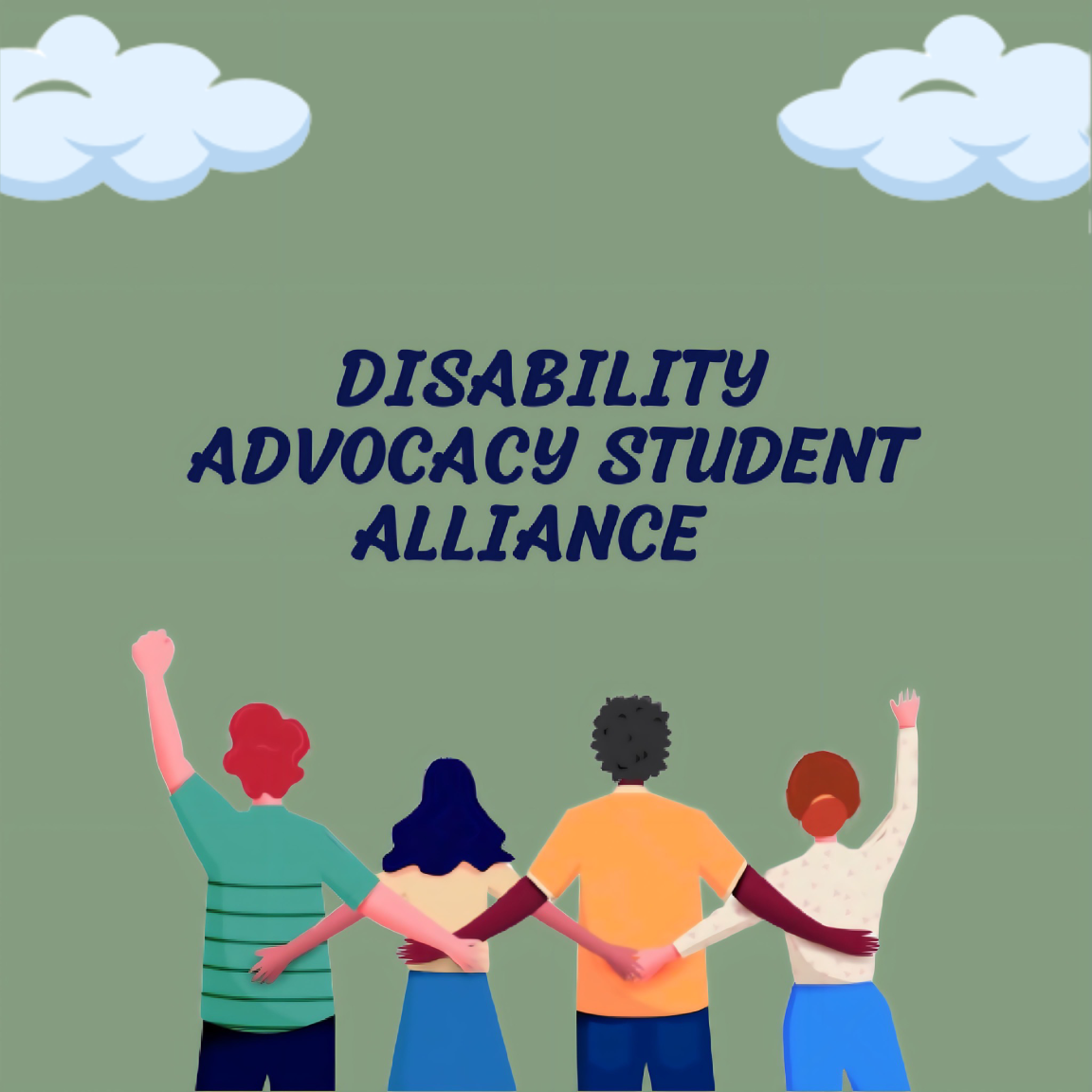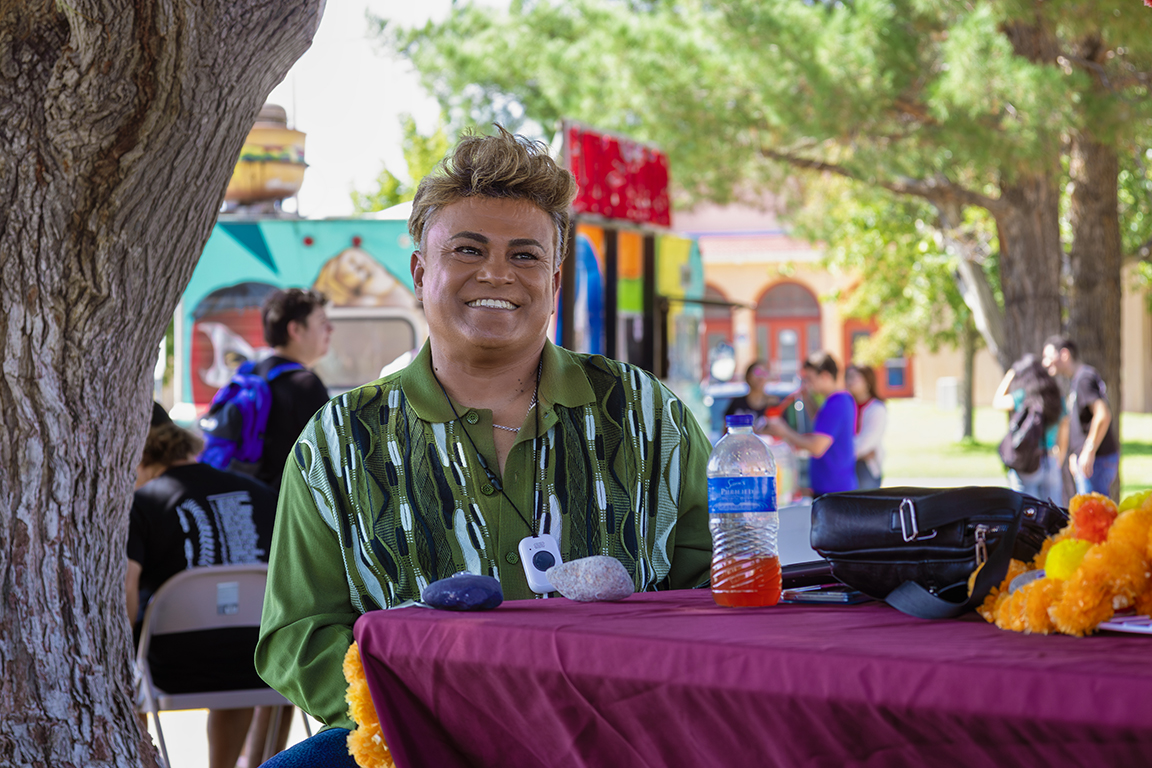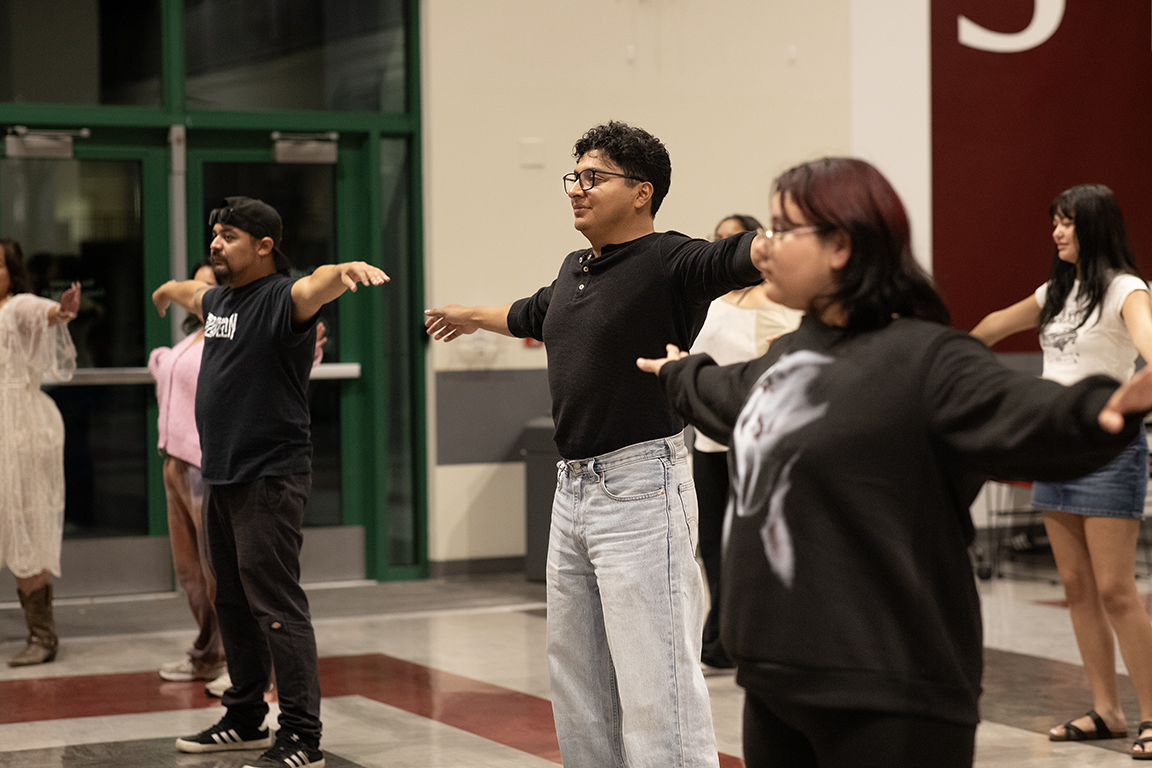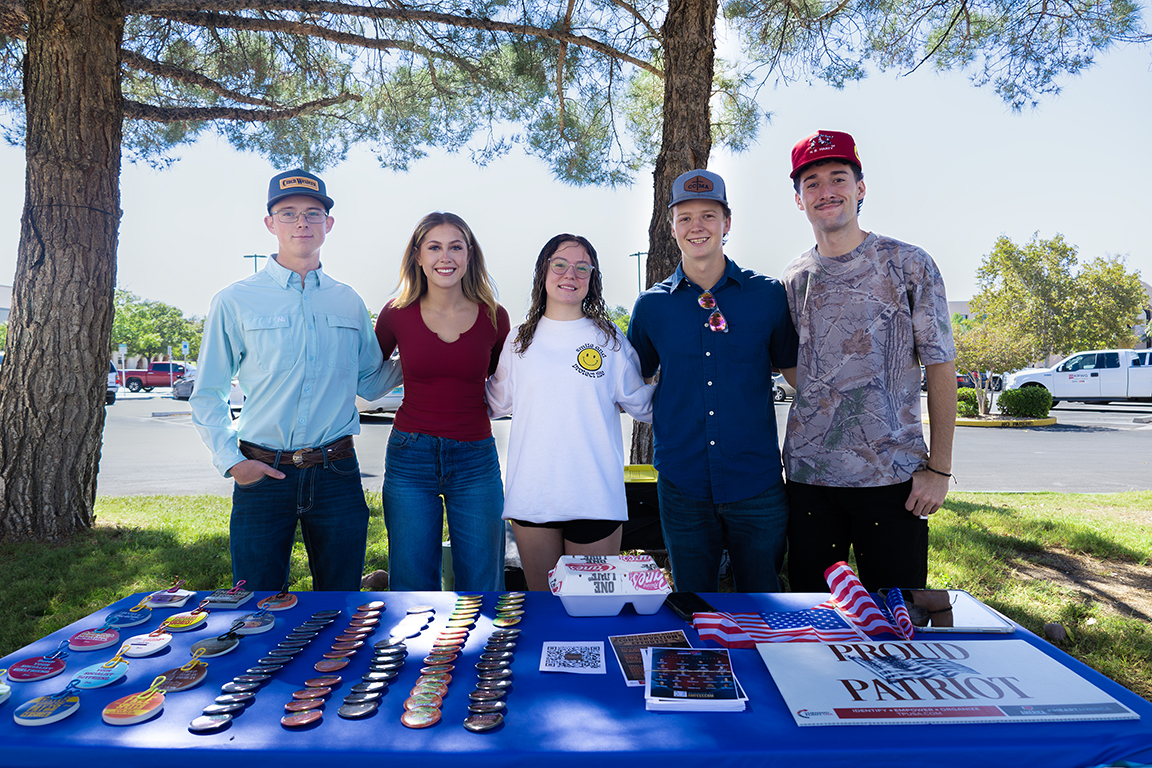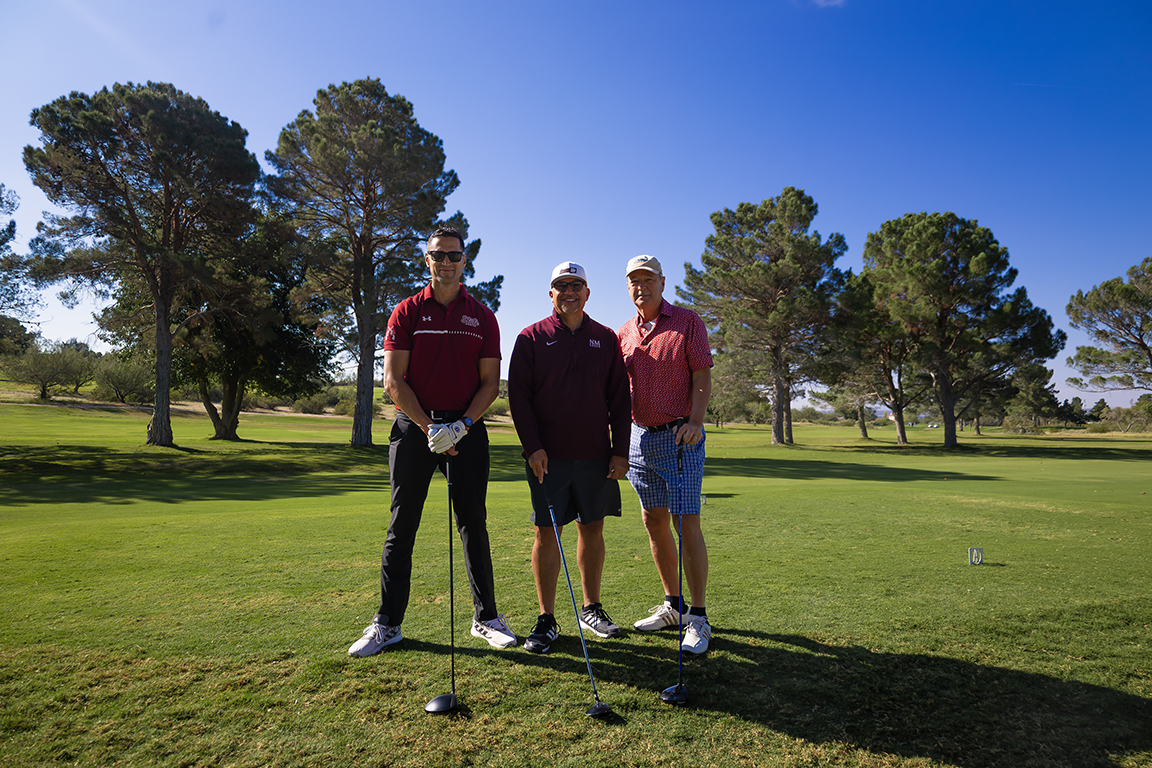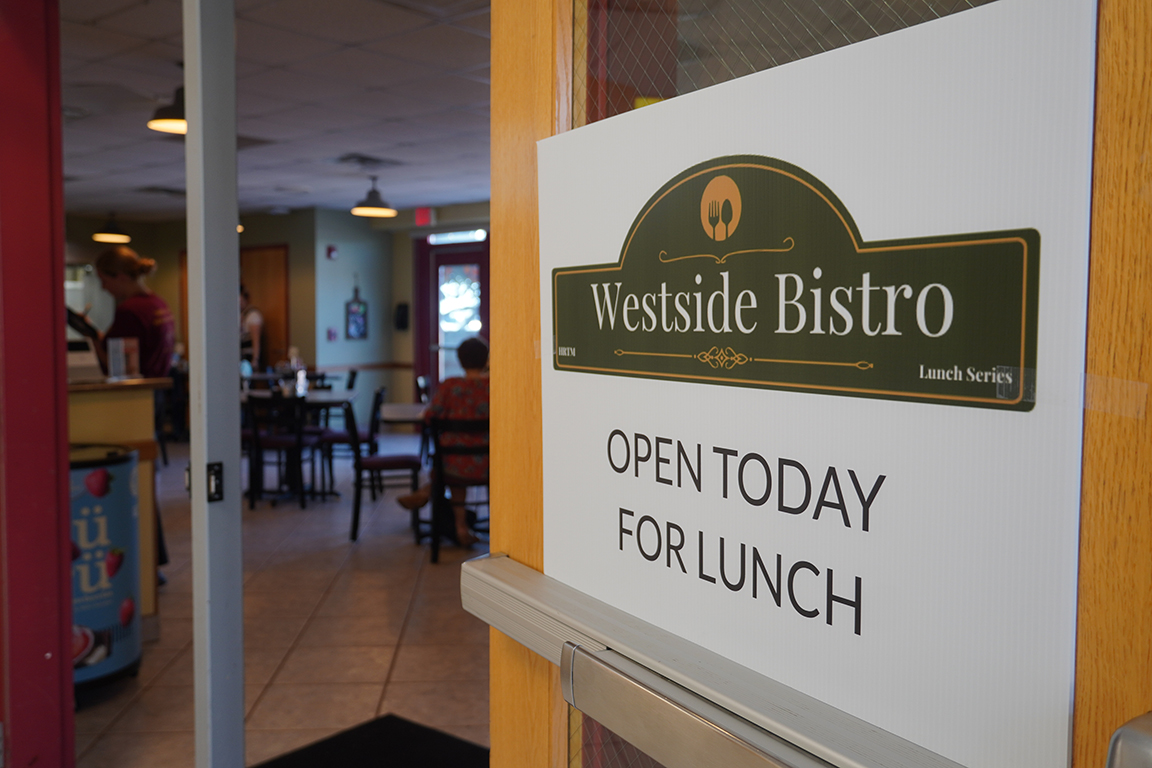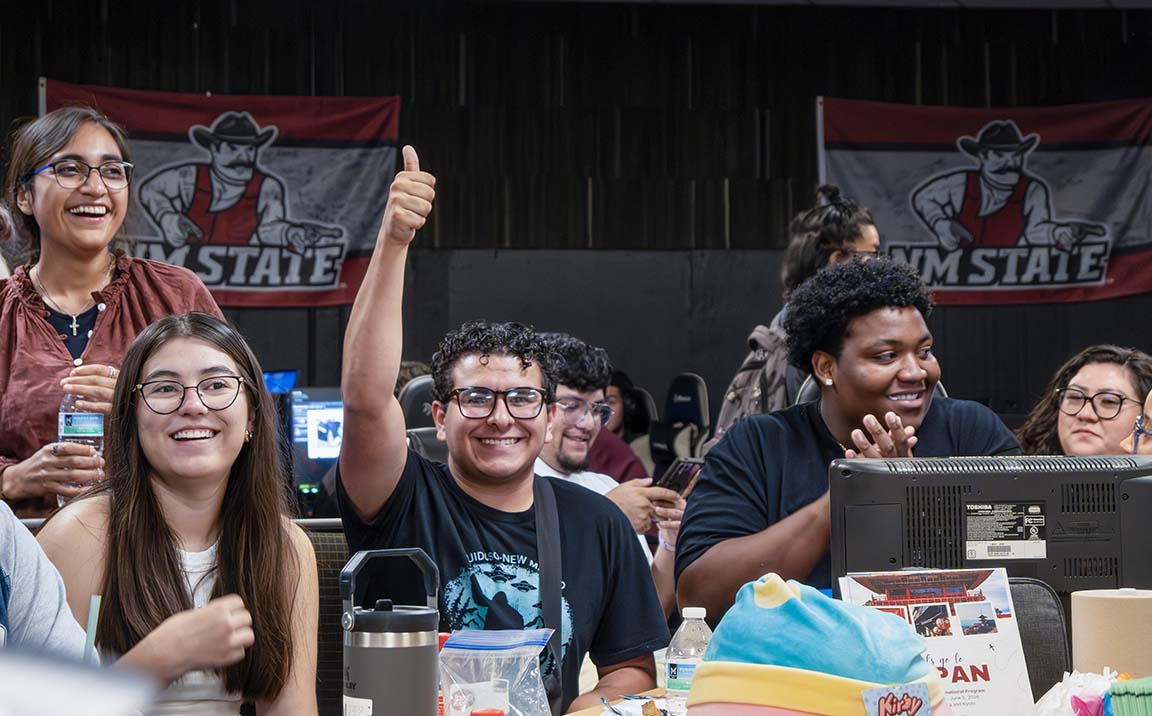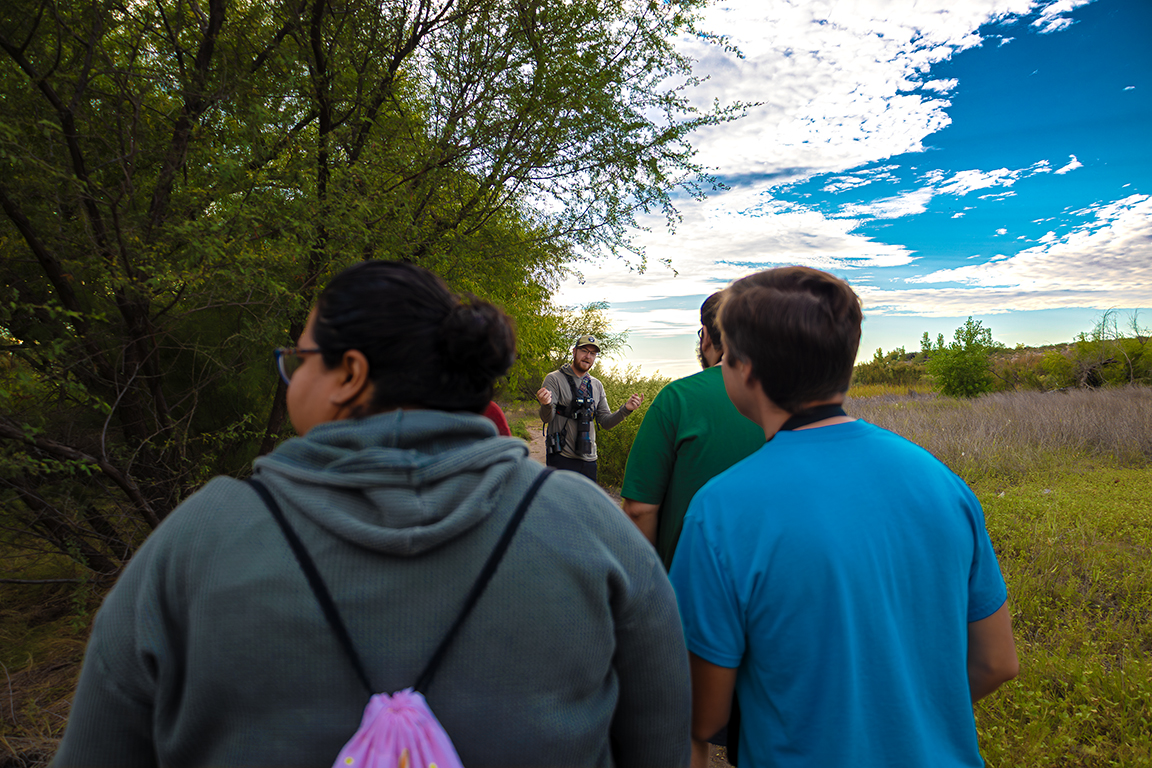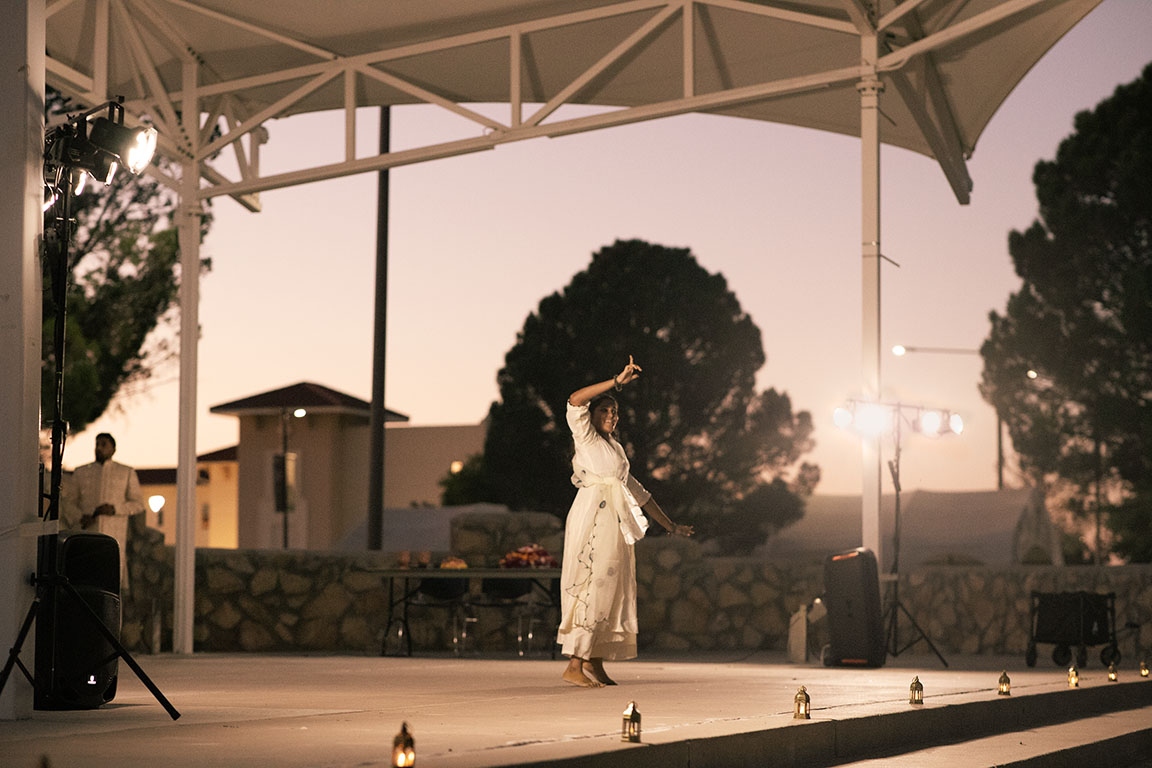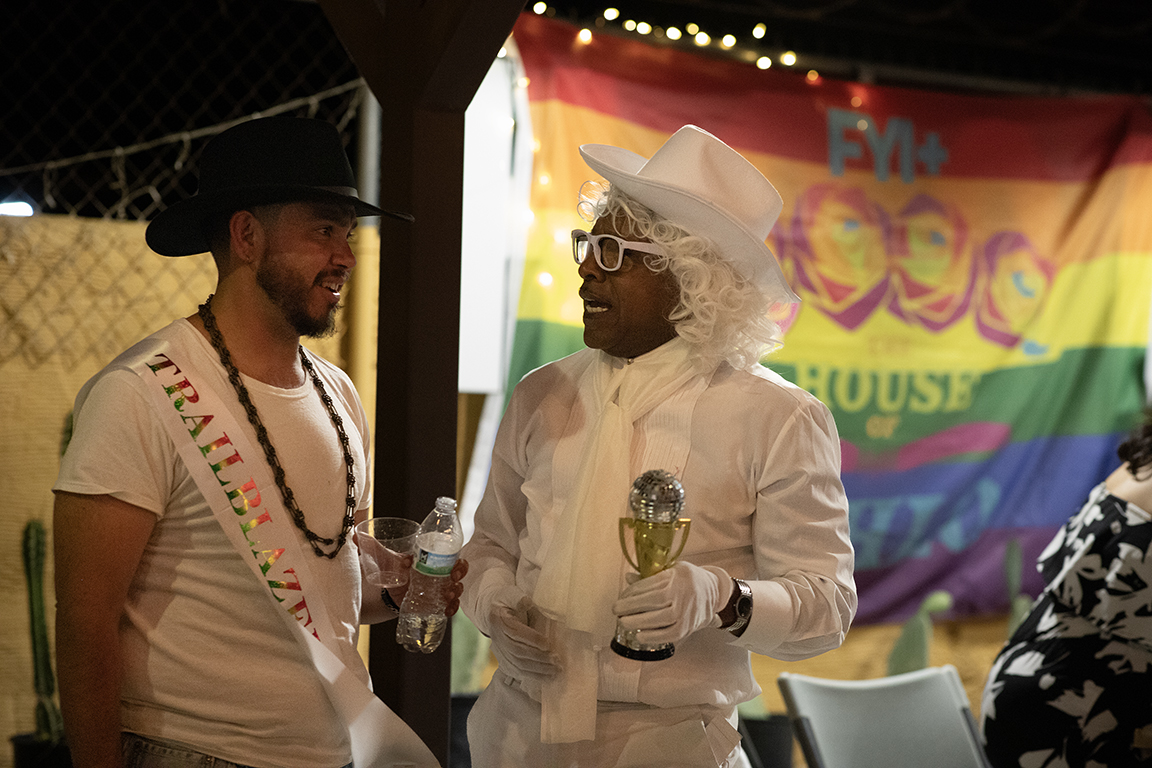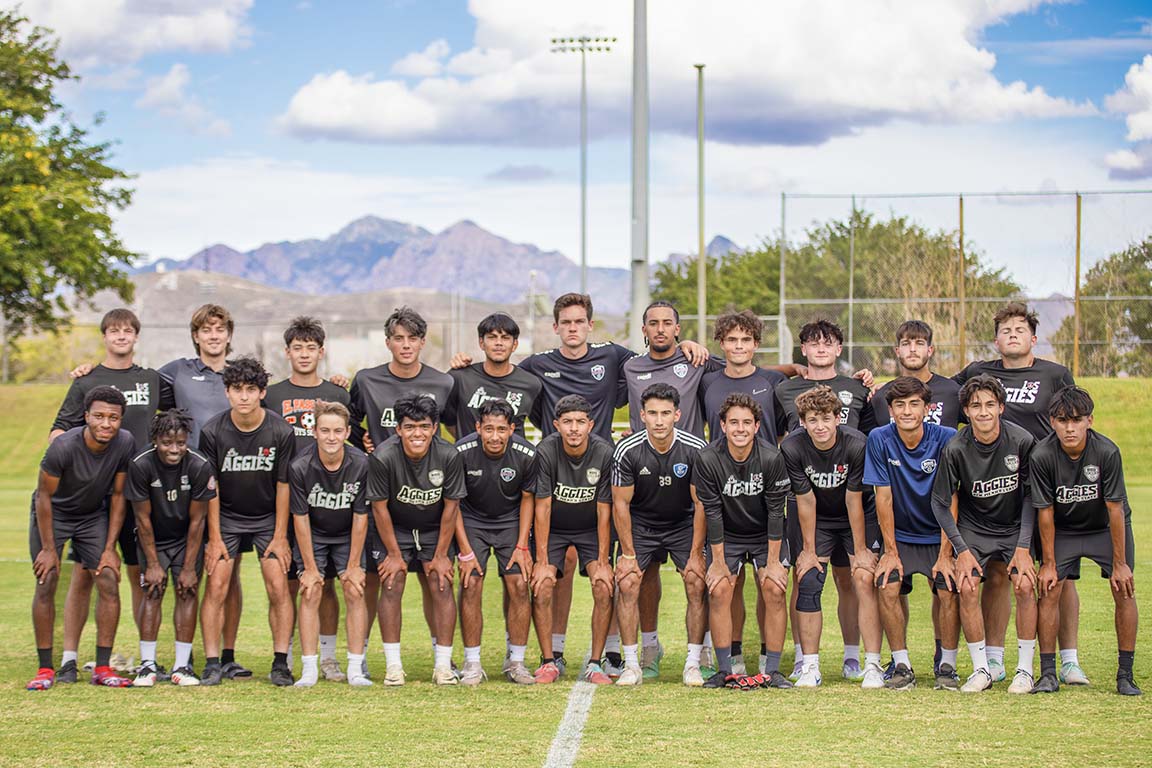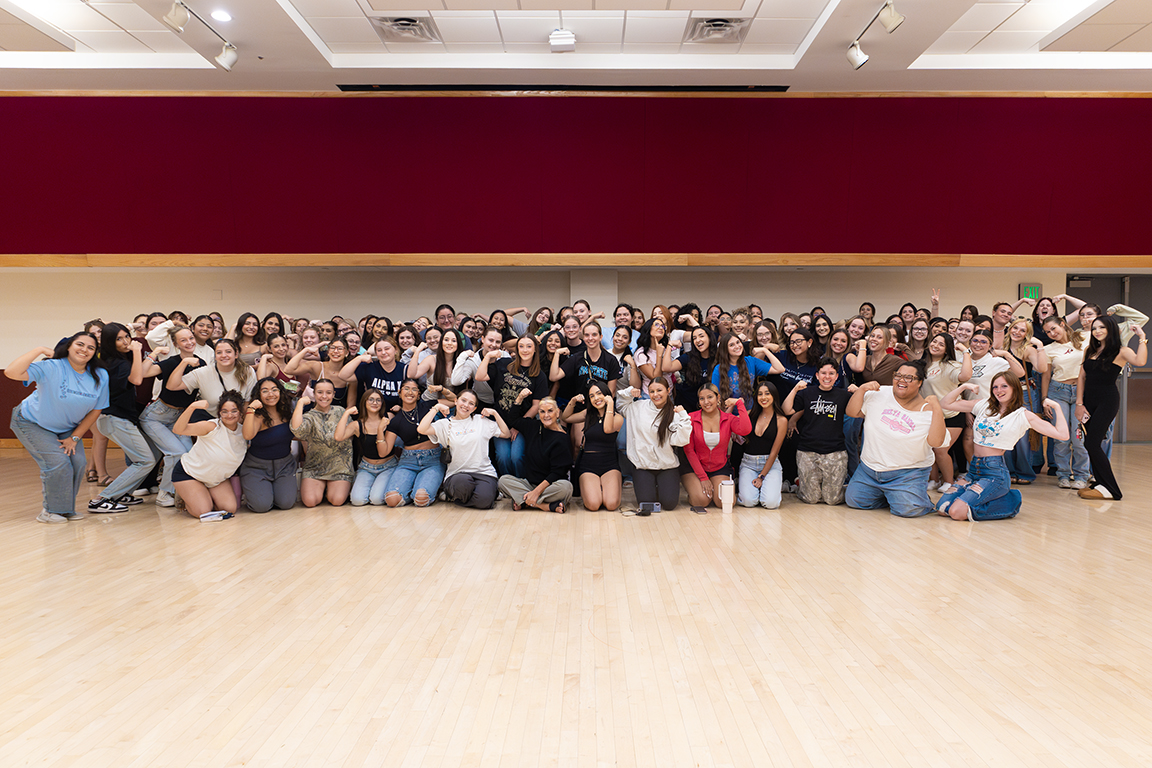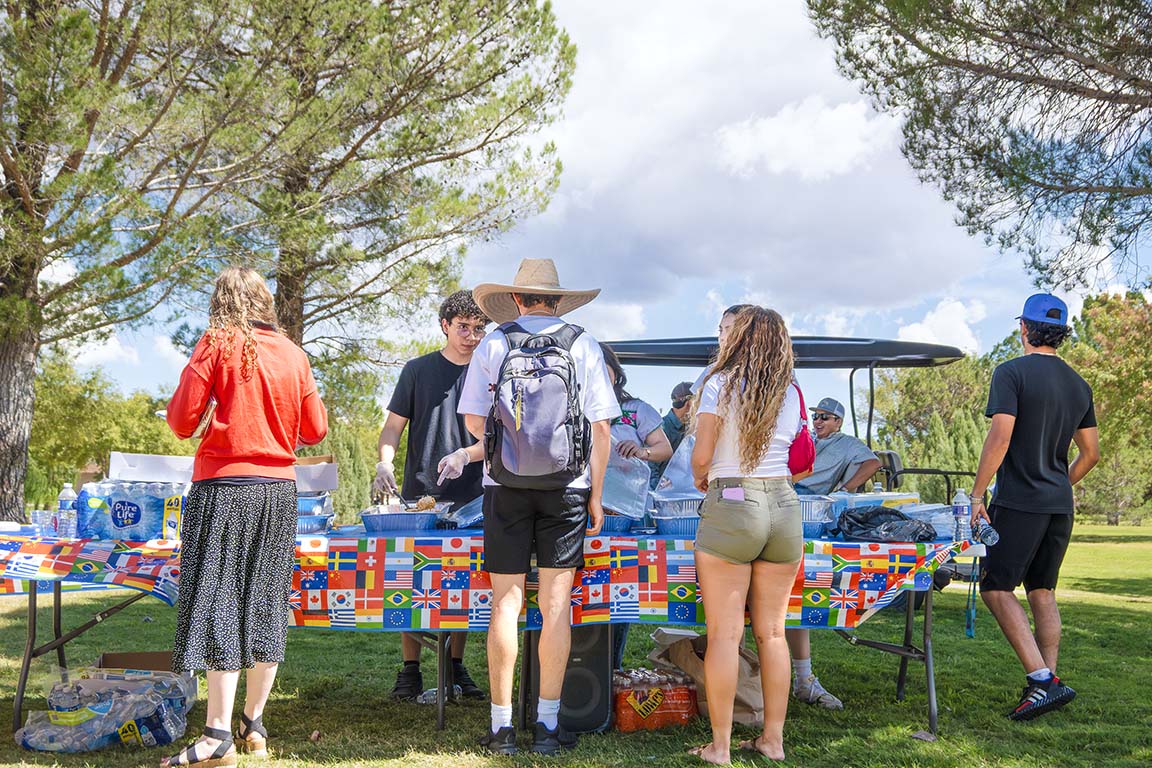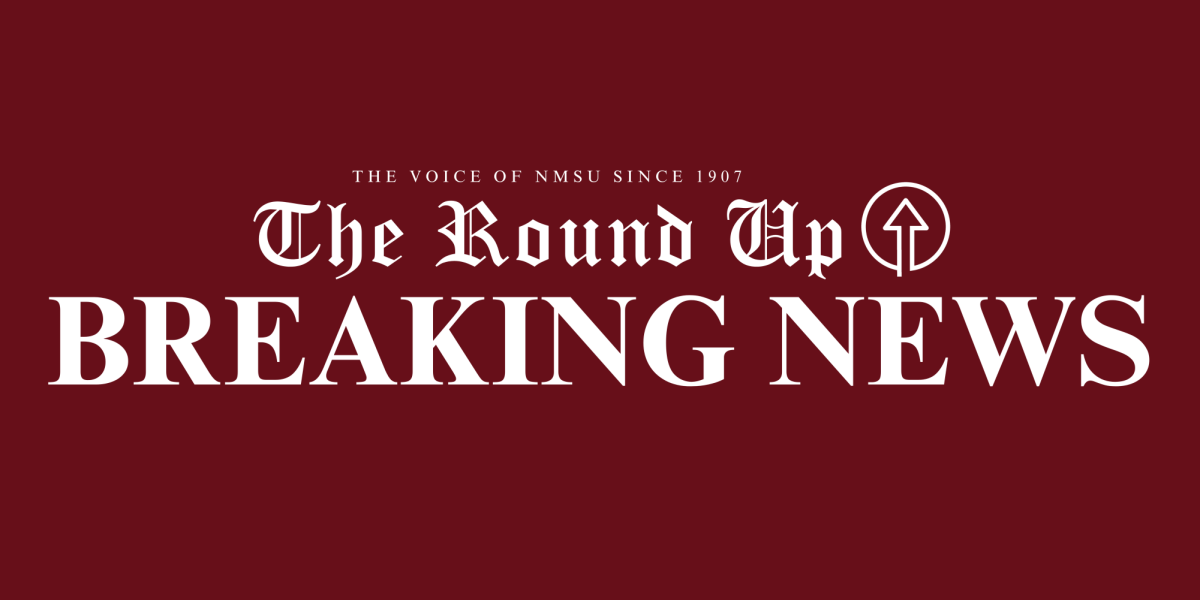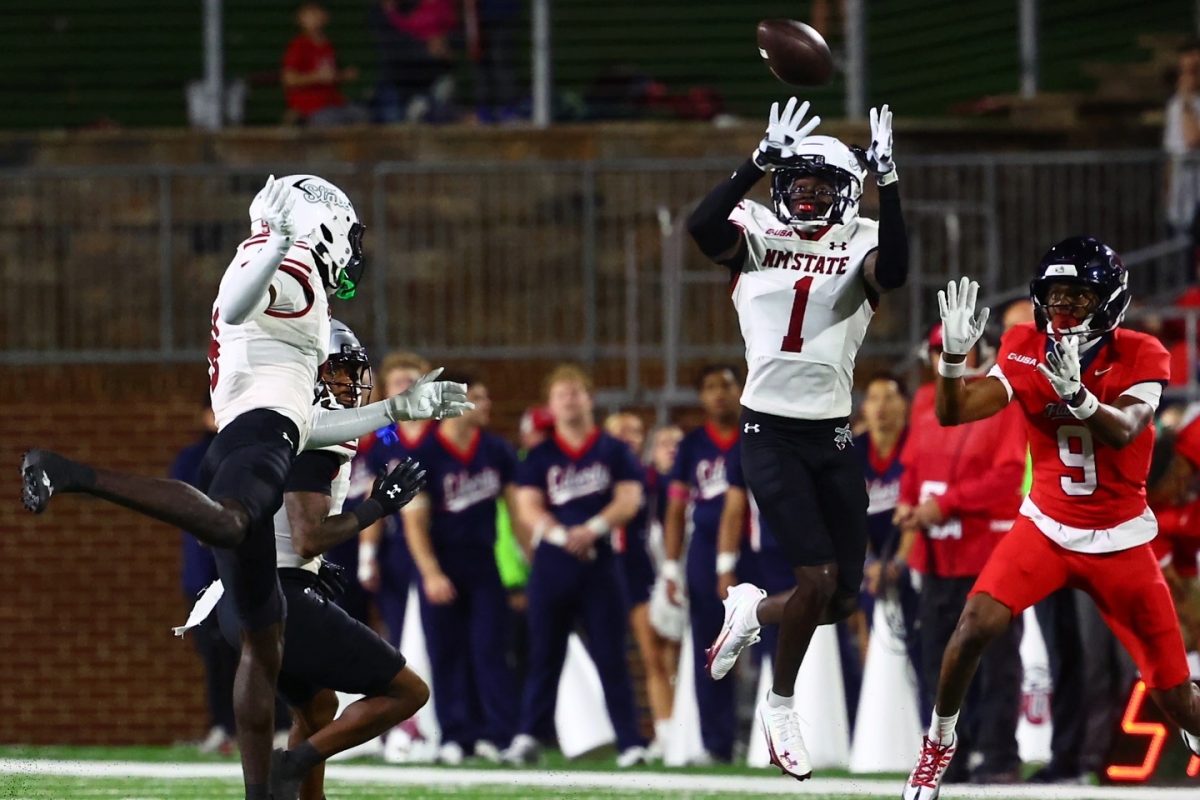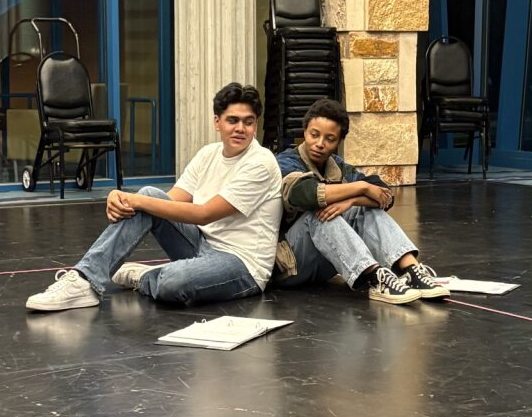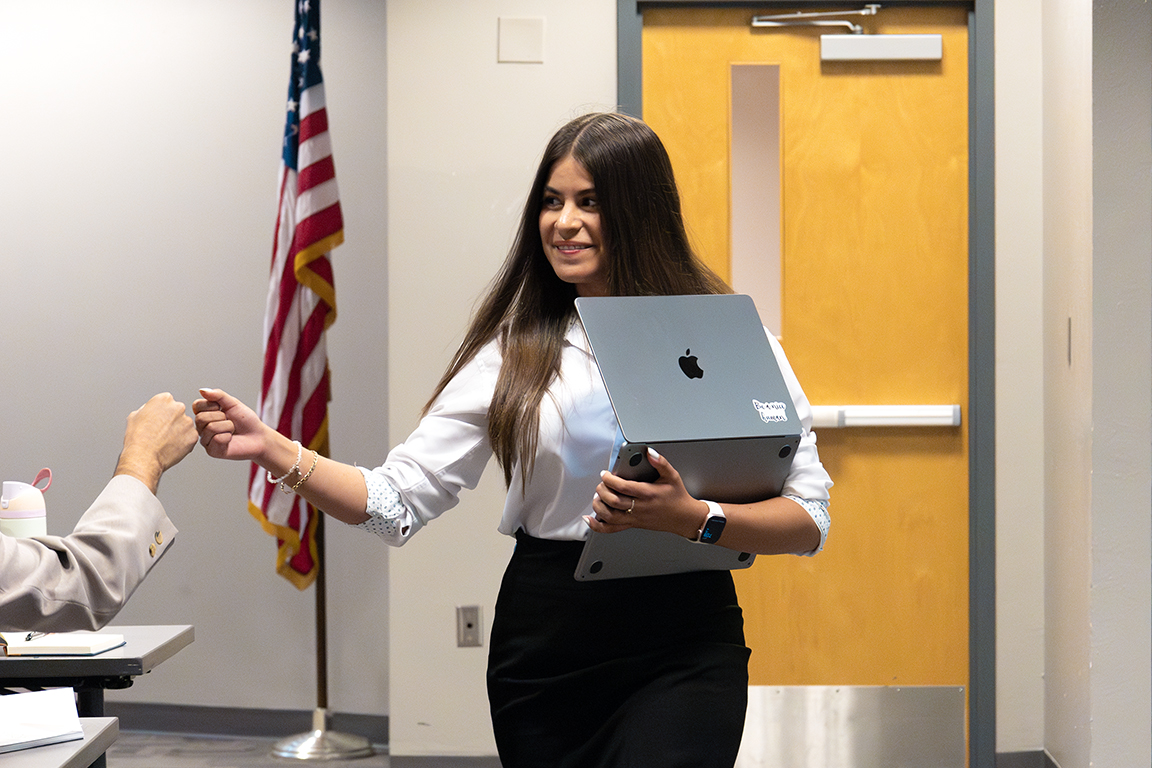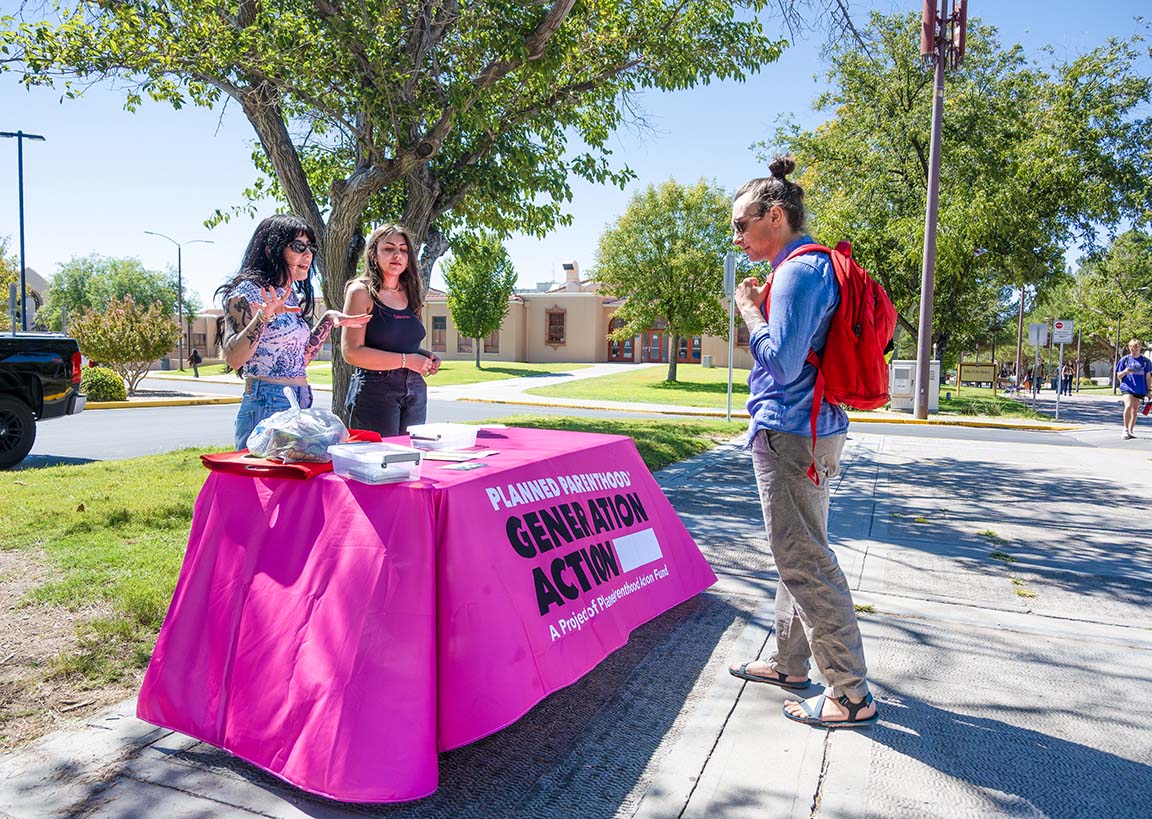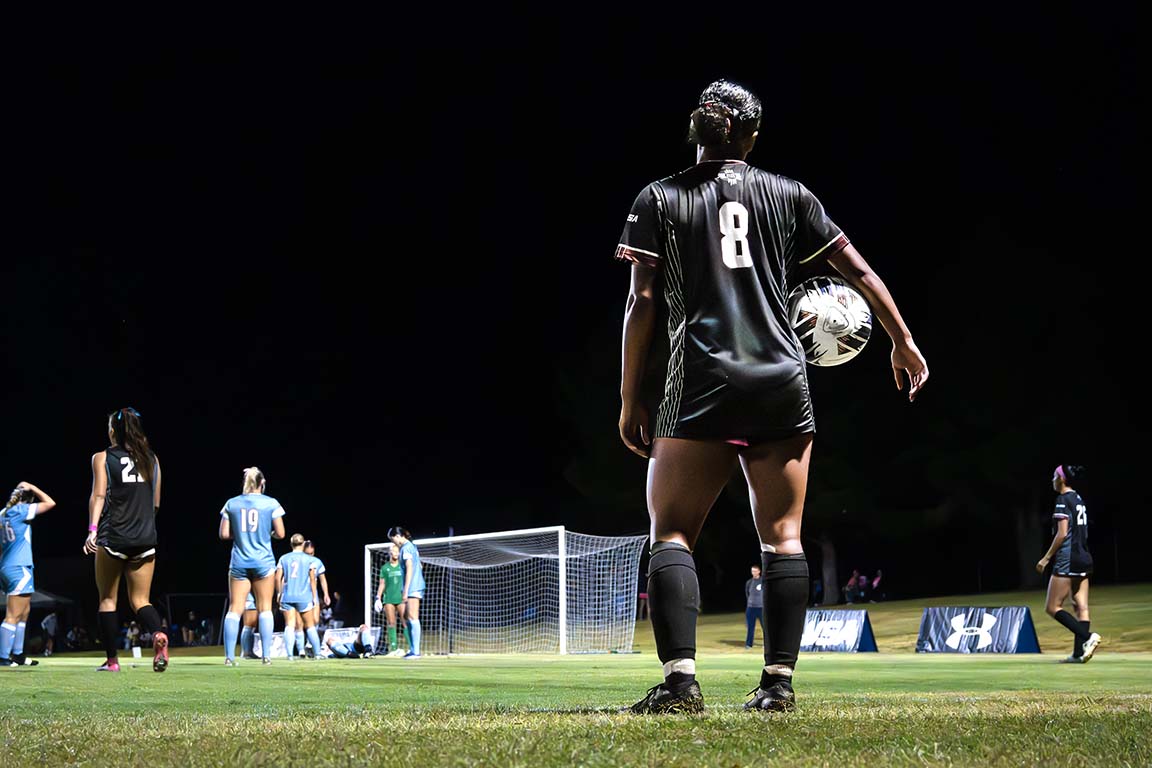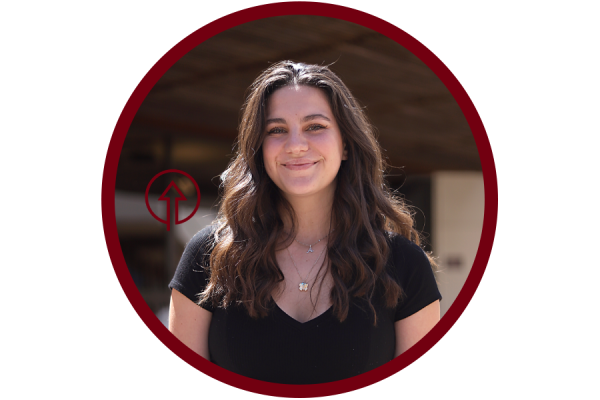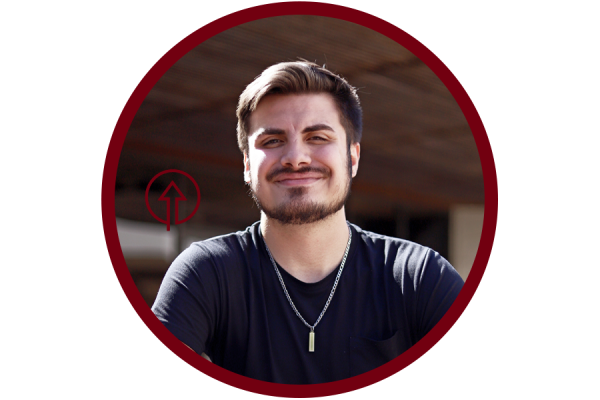A new club within New Mexico State University is working to give a voice to abled and disabled students on campus this semester.
The Disability Advocacy Student Alliance (DASA) was started in Spring 2023 by NMSU student Autumn Bandy. Drawing from her own experiences with bipolar disorder, Bandy’s group aims to provide support and advocate for disabled students. Their goal is to provide a safe space for students with all types of abilities and disabilities and promote change on campus.
“We have the Disability Access Services, and that’s a really great resource for getting accommodations, but there’s a lot of things that they can’t help disabled students with,” Bandy said. “For example, giving them disabled mentors to look up to, teaching them how to advocate for themselves and helping with accessibility barriers.”
“So really, the heart of the club is trying to address some of those issues and empowering students with and without disabilities to kind of stand up for themselves, to advocate for what we see is going on campus in hopes of making disabled students more successful on campus,” Bandy explained.
DASA does work closely with NMSU’s Disability Access Services on campus, which is located on the second floor of Corbett Center. The director of Disability Access Services, Aaron Salas, said that it’s important to have groups like Bandy’s on campus to give students a wider support system for all types of disabilities- both seen and unseen.
“A lot of students will struggle with depression, with anxiety and they’ll think like, ‘Well, I’m not disabled. Why would I need help from them?’” Salas said. “They don’t know that it’s not your diagnosis, it’s how that depression is impacting you in school that may qualify you for accommodations. So, if it’s impacting your academics somehow, there’s a way that we can provide accommodations for you. Getting the word out is important, because I think a lot of students don’t make the connection with that.”
In fact, Salas says that around 47% of the students who come into NMSU’s Disability Access Services qualify for assistance due to a mental health diagnosis. Many other staff at NMSU are also seeing more students with various mental health concerns, especially following the COVID-19 pandemic.
“Unfortunately, the demographics show that we are increasing the number of students with disabilities unseen,” said Dr. Graciela Unguez, DASA’s advisor. “This semester I have the largest number of students that have gone to request accommodations. There’s a lot of anxiety. There’s a lot of depression. There’s a lot of PTSD in different ways. And I really think that students in this group and allies should get together and do something.”
Having both disabled students and allies involved in the group is something that DASA is very focused on. This inclusivity not only builds a better group and network for disabled students, but often benefits society as a whole.
“You don’t see how much the services that students with disabilities get improves life for everybody else,” Salas said. “Captioning, audio descriptors in movies, speech to text, text to speech. All of those were services that were intended to help students with disabilities, yet everybody benefits from that and is more productive from that.”
Moving forward, Bandy hopes to normalize the discussion about mental health and various disabilities that NMSU students face to create a better college environment.
“Mental health is an ongoing battle, and some people really identify with having a disability who struggle with mental health,” Bandy said. “And so, I just think it’s really important that no matter where you are, and no matter if you identify as disabled or not, we can all kind of work together to improve the conditions of our school and make our school more inclusive and our community more inclusive. I really just think that once we get the word out, that this is really going to take off and we can really start to see a lot of change.”
The Disability Advocacy Student Alliance meets every other week over Zoom to ensure easy access for all. For any questions or interest, contact DASA president Autumn Bandy at [email protected].


